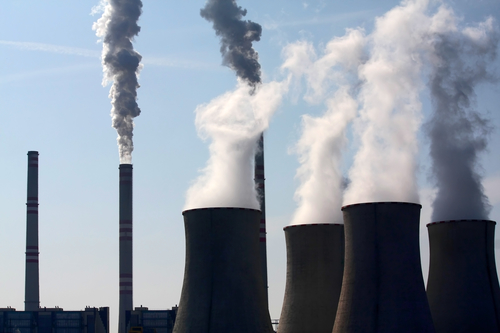Netherlands likely to reach Urgenda climate goals for 2020


Strong falls in greenhouse gas emissions during 2020 mean that the Netherlands looks likely to have reached its climate goals of a 25% drop.
The country was ordered by a court to cut pollution by 25% by the end of 2020, compared with 1990. The long-running case was brought by climate collective Urgenda, which argued that the state was not doing enough to meet its Paris agreement commitments.
But according to provisional figures released this week, emissions of carbon dioxide especially tumbled in the pandemic year, particularly in the electricity sector where less coal was used.
According to the figures, emissions of greenhouse gases fell by 9% in 2020 compared with the previous year, largely due to the fall in carbon dioxide emissions. Emissions of other gases such as methane, nitrous oxide and other fluorinated gases also fell.
Although earlier this year it was thought that the Dutch would not meet the Urgenda goal, now it looks likely. The emissions registration body told NOS that the final figures would probably show a drop between 24% and 27% on 1990, for 2020.
The fall in carbon dioxide is linked with the closure of the Hemweg coal-powered fire station in Amsterdam at the end of 2019, and the fact that another on the Maasvlakte near Rotterdam was out of use for much of 2020 due to technical problems.
Meanwhile, there was less air pollution during the lockdown, particularly after most flights were grounded, vehicles drove less and the maximum speed was limited to 100kph during the day.
Dust
Only emissions of ammonia rose, linked to a rise in the number of farmed animals and their waste. The caretaker government is set to spend more than €6 billion on extra measures to reduce greenhouse gas emissions in its budget this month.
On Thursday night hub director of Tata Steel Hans van den Berg told Nieuwsuur that his factory, the largest emitter of carbon dioxide in the Netherlands, would need government help to reduce its own emissions.
A report from public agency RIVM this week also found that dust emissions from the steel industry in IJmond contain damaging amounts of potentially carcinogenic substances which are especially dangerous for children living nearby.
Thank you for donating to DutchNews.nl.
We could not provide the Dutch News service, and keep it free of charge, without the generous support of our readers. Your donations allow us to report on issues you tell us matter, and provide you with a summary of the most important Dutch news each day.
Make a donation